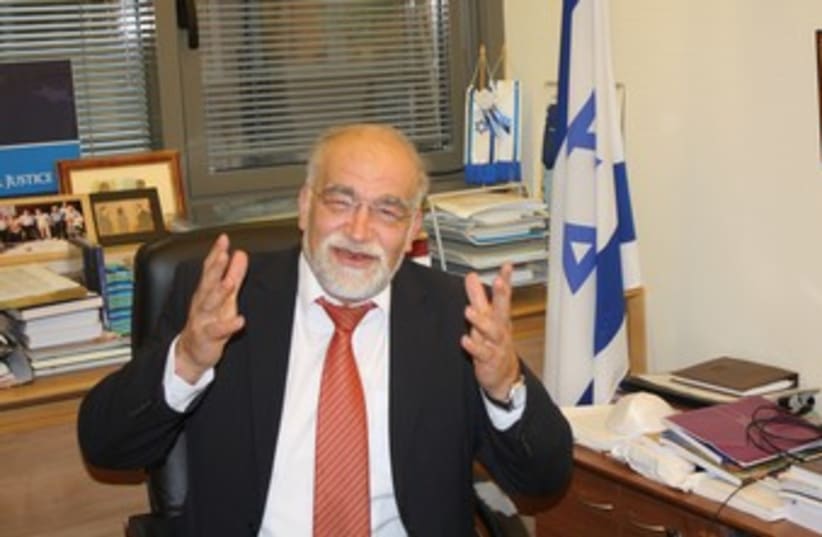Efforts to raise the electoral threshold from 2 to 3.25 percent faced new difficulties Monday when opposition to the proposal gained traction.If passed, the proposal by MKs Ronen Hoffman (Yesh Atid) and David Rotem (Likud Beytenu) would mean that the smallest possible faction in the next Knesset would be five seats rather than the current two. It is part of an electoral reform plan currently being debated in the Knesset Law and Constitution Committee.Two coalition MKs, Adi Kol (Yesh Atid) and Orit Struck (Bayit Yehudi), announced at a meeting of the committee on Monday that they would oppose the proposal.
Kol said it troubled her although she would vote in favor due to coalition discipline.Struck said that raising the threshold was meant to “distance ideological groups” from the Knesset.“This step would be dangerous and anti-democratic,” she said. “It would destroy democracy in Israel.”More than 40 opposition MKs came to a special meeting against raising the threshold.All opposition faction heads, who normally bicker endlessly, were united in opposing the proposal.“[Foreign Minister Avigdor] Liberman will face a serious parliamentary struggle,” opposition leader Isaac Herzog (Labor) said. “We will prevent the government from silencing the opposition and paralyzing the parliament.”Balad leader Jamal Zahalka said that raising the threshold would harm the representation of minorities without helping the government function.“None of the small parties ever caused a coalition crisis,” Zahalka said. “Larger parties aren’t ready to absorb Arabs.The proposal’s racist goal is to harm the Arabs and ensure that the right-wing stays in power.”Yesh Atid’s Hoffman responded by accusing opposition MKs who had supported raising the electoral threshold in the past of hypocrisy.“The proposal is not against Arabs,” he said. “It’s intended to make people unite. Rightwing extremists, Kadima, Green Leaf and parties in all sectors would be harmed, but not if they are able to unite into larger parties, which would increase stability.”Attempts to raise Knesset electoral threshold hit trouble
All opposition faction MKs united against bill that would make smallest possible faction in the next Knesset would be five seats rather than the current two.
